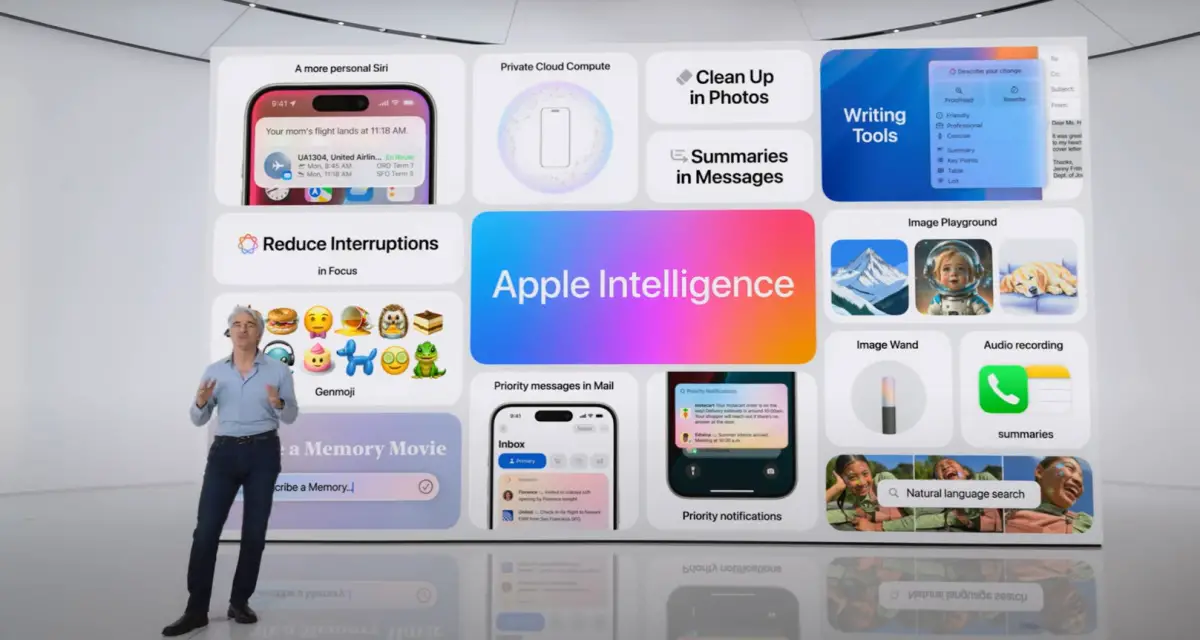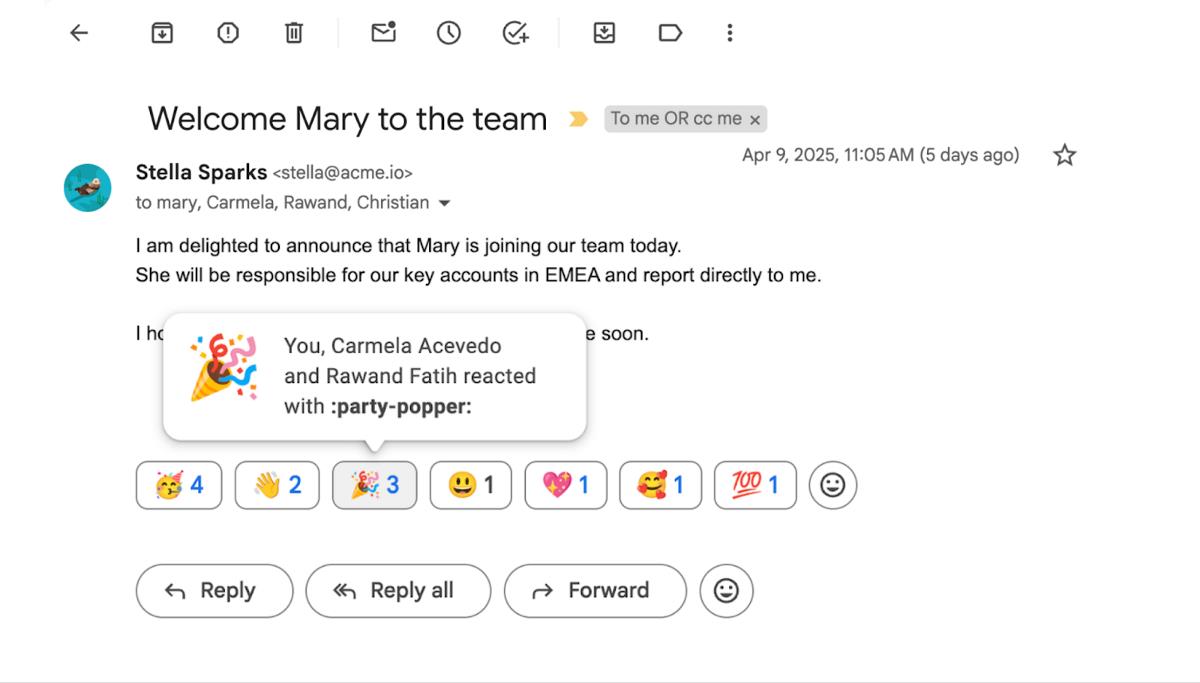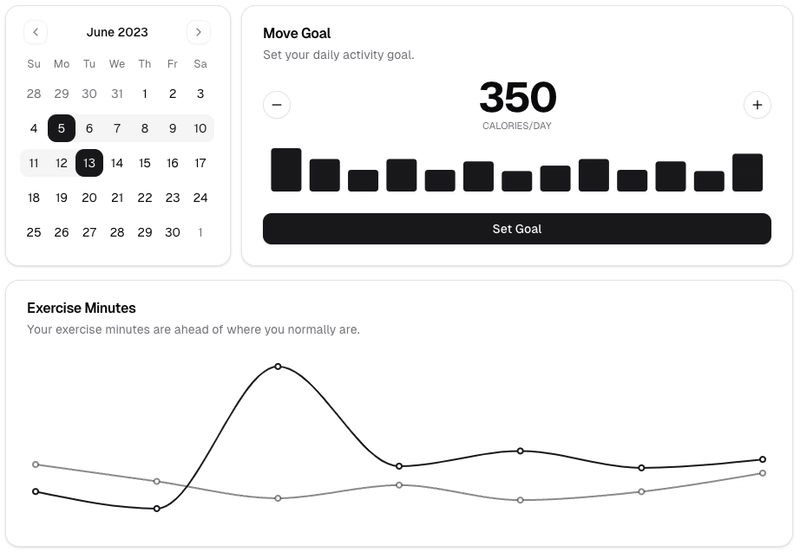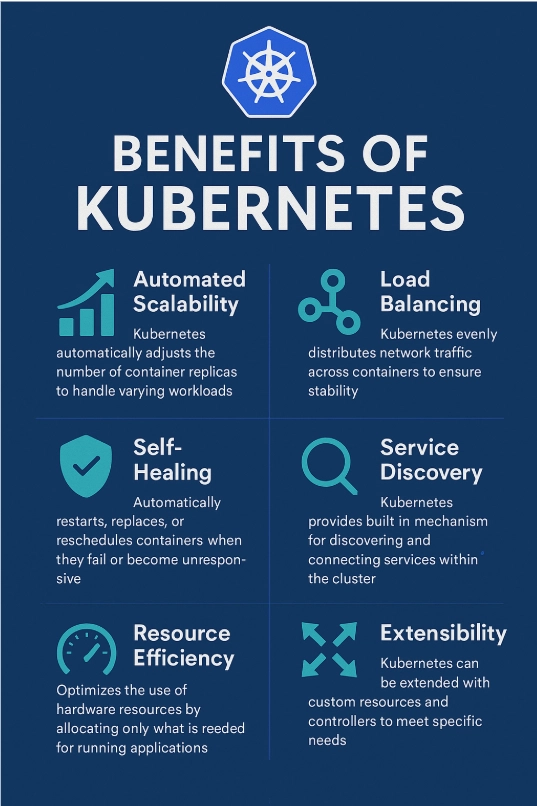Unlocking the Future: The Role of a Developer Experience Engineer in Modern Software Development
In today's fast-paced tech world, the role of a developer experience engineer is becoming increasingly important. These professionals focus on improving the environment in which developers work, making it smoother and more efficient. This article will explore what developer experience engineers do, how they've evolved, and why their role is crucial for modern software development. Key Takeaways Developer experience engineers enhance the workflow for developers, making their tasks easier and more efficient. A strong developer experience can attract top talent and keep current employees satisfied. Automation and the right tools are key to improving developer experience. Creating a collaborative atmosphere is essential for maximizing productivity among developers. Measuring developer experience through feedback and metrics helps identify areas for improvement. Understanding The Developer Experience Engineer Role What Do They Actually Do? So, what does a Developer Experience (DevEx) Engineer actually do? It's a fair question. Think of them as the developers' advocate. They make sure the whole development process is smooth, efficient, and dare I say, enjoyable. Their main goal is to remove friction from the developer workflow. They build internal tools. They improve documentation. They streamline processes. Basically, they're like the pit crew for your development team, ensuring everyone has what they need to perform at their best. They might even automate manual tasks to free up developers' time for more creative work. It's all about making life easier for the people writing the code. Key Skills Every Developer Experience Engineer Needs Want to be a DevEx Engineer? Cool! You'll need a mix of technical and soft skills. First, you should have a solid understanding of the software development lifecycle. You need to know what developers go through daily. Second, you should be a good communicator. You'll be working with different teams, so clear communication is key. Third, you should be a problem-solver. You'll be identifying and fixing pain points in the development process. Finally, you need some coding skills. You don't have to be a rockstar, but you should be able to write scripts and automate tasks. Here's a quick rundown: Coding skills (Python, JavaScript, etc.) Communication skills Problem-solving skills Understanding of DevOps principles How They Fit Into The Development Team Where does a DevEx Engineer fit in? They're not quite developers, not quite DevOps, but somewhere in between. They often work closely with both teams, acting as a bridge between them. They might sit within the DevOps team, or they might be a separate team altogether. The important thing is that they have a clear mandate to improve the developer experience. They need the authority to make changes and the support of leadership. Think of them as a catalyst, speeding up the development process and making everyone happier. A good DevEx strategy is key to success. The Evolution Of Developer Experience A Brief History Of DevEx Okay, so DevEx might sound like the latest buzzword, but it's been brewing for a while. Think back—not too far, please, I'm not that old. For years, developers just dealt with whatever tools and processes were handed down. If it was clunky, slow, or confusing? Tough luck. You just powered through. But things started to change. Companies realized that happy developers are productive developers. And productive developers? They ship better code, faster. So, the focus shifted. It wasn't just about getting the job done; it was about making the job doable and even enjoyable. This is where the seeds of DevEx were planted. Now, we're seeing those seeds sprout into full-blown strategies and dedicated roles. How Technology Has Changed The Game Technology is a big deal. It has changed the game. Remember coding on a green screen? I don't, but I've heard stories. Now, we have IDEs that practically write code for you. Cloud computing means you can spin up environments in minutes. Automation tools handle repetitive tasks. It's wild. These advancements have made a huge impact on developer experience. They remove friction, speed up workflows, and let developers focus on the fun stuff: solving problems and building cool things. The rise of open source and the explosion of libraries and frameworks also play a role. Developers now have access to a vast ecosystem of tools and resources. The challenge? Making sense of it all and integrating it smoothly. That's where DevEx comes in. The Shift Towards Developer-Centric Practices It's not just about tools. It's about mindset. There is a shift happening. Companies are starting to put developers first. They are asking, "What do developers need to be successful?" and then actually listening to the answers. This means rethinking processes, improving document

In today's fast-paced tech world, the role of a developer experience engineer is becoming increasingly important. These professionals focus on improving the environment in which developers work, making it smoother and more efficient. This article will explore what developer experience engineers do, how they've evolved, and why their role is crucial for modern software development.
Key Takeaways
- Developer experience engineers enhance the workflow for developers, making their tasks easier and more efficient.
- A strong developer experience can attract top talent and keep current employees satisfied.
- Automation and the right tools are key to improving developer experience.
- Creating a collaborative atmosphere is essential for maximizing productivity among developers.
- Measuring developer experience through feedback and metrics helps identify areas for improvement.
Understanding The Developer Experience Engineer Role
What Do They Actually Do?
So, what does a Developer Experience (DevEx) Engineer actually do? It's a fair question. Think of them as the developers' advocate. They make sure the whole development process is smooth, efficient, and dare I say, enjoyable. Their main goal is to remove friction from the developer workflow.
- They build internal tools.
- They improve documentation.
- They streamline processes.
Basically, they're like the pit crew for your development team, ensuring everyone has what they need to perform at their best. They might even automate manual tasks to free up developers' time for more creative work. It's all about making life easier for the people writing the code.
Key Skills Every Developer Experience Engineer Needs
Want to be a DevEx Engineer? Cool! You'll need a mix of technical and soft skills. First, you should have a solid understanding of the software development lifecycle. You need to know what developers go through daily. Second, you should be a good communicator. You'll be working with different teams, so clear communication is key. Third, you should be a problem-solver. You'll be identifying and fixing pain points in the development process. Finally, you need some coding skills. You don't have to be a rockstar, but you should be able to write scripts and automate tasks. Here's a quick rundown:
- Coding skills (Python, JavaScript, etc.)
- Communication skills
- Problem-solving skills
- Understanding of DevOps principles
How They Fit Into The Development Team
Where does a DevEx Engineer fit in? They're not quite developers, not quite DevOps, but somewhere in between. They often work closely with both teams, acting as a bridge between them. They might sit within the DevOps team, or they might be a separate team altogether. The important thing is that they have a clear mandate to improve the developer experience. They need the authority to make changes and the support of leadership. Think of them as a catalyst, speeding up the development process and making everyone happier. A good DevEx strategy is key to success.
The Evolution Of Developer Experience
A Brief History Of DevEx
Okay, so DevEx might sound like the latest buzzword, but it's been brewing for a while. Think back—not too far, please, I'm not that old. For years, developers just dealt with whatever tools and processes were handed down. If it was clunky, slow, or confusing? Tough luck. You just powered through.
But things started to change. Companies realized that happy developers are productive developers. And productive developers? They ship better code, faster. So, the focus shifted. It wasn't just about getting the job done; it was about making the job doable and even enjoyable. This is where the seeds of DevEx were planted. Now, we're seeing those seeds sprout into full-blown strategies and dedicated roles.
How Technology Has Changed The Game
Technology is a big deal. It has changed the game. Remember coding on a green screen? I don't, but I've heard stories. Now, we have IDEs that practically write code for you. Cloud computing means you can spin up environments in minutes. Automation tools handle repetitive tasks. It's wild.
These advancements have made a huge impact on developer experience. They remove friction, speed up workflows, and let developers focus on the fun stuff: solving problems and building cool things. The rise of open source and the explosion of libraries and frameworks also play a role. Developers now have access to a vast ecosystem of tools and resources. The challenge? Making sense of it all and integrating it smoothly. That's where DevEx comes in.
The Shift Towards Developer-Centric Practices
It's not just about tools. It's about mindset. There is a shift happening. Companies are starting to put developers first. They are asking, "What do developers need to be successful?" and then actually listening to the answers. This means rethinking processes, improving documentation, and creating a culture of feedback.
Developer-centric practices are all about removing obstacles and empowering developers. Think about it: streamlined onboarding, self-service platforms, and internal tools that actually work. It's about creating an environment where developers feel supported, valued, and able to do their best work. This shift is not just a nice-to-have; it's a competitive advantage. Companies that prioritize DevEx are the ones that will attract and retain top talent and drive innovation.
It's about time, right? Developers are the engine of innovation. If you want to go fast, you need to make sure that engine is running smoothly. And that's what DevEx is all about.
Why Developer Experience Matters
Boosting Productivity And Satisfaction
Let's be real, happy developers write better code. When developer experience is good, developers are more productive. They spend less time wrestling with clunky tools and confusing processes. This means they can focus on what they do best: building awesome stuff. A smooth workflow translates directly into higher quality work and a happier team. It's a win-win.
Attracting Top Talent
Think of DevEx as your company's curb appeal for developers. In today's market, talent has options. If your development environment is a nightmare, good luck attracting and keeping the best people. Developers want to work where they feel valued and supported. A great DevEx shows you care about their time and well-being. It's a signal that you're a forward-thinking company that invests in its team. Who wouldn't want to work there?
Reducing Cognitive Overload
Software development is complex. There are so many things to keep in mind. A good DevEx helps reduce cognitive overload by streamlining workflows and automating repetitive tasks. This frees up developers' mental energy to focus on the bigger picture. They can think more clearly, solve problems more creatively, and ultimately, build better software. Less stress, more success. It's that simple.
Tools And Technologies For Developer Experience
Must-Have Tools For DevEx
Okay, so you want to boost your team's DevEx? You're gonna need the right gear. Think of it like equipping a superhero—you can't fight crime in flip-flops. First, you need solid version control—Git is your friend. Then, consider a good CI/CD pipeline. Jenkins, GitLab CI, or GitHub Actions can automate your builds and deployments. Don't forget about monitoring tools like Prometheus or Grafana to keep an eye on your apps. And for the love of all that is holy, get a good debugger. Seriously, stepping through code is way better than staring at a screen hoping for a miracle. Interactive tools like sandboxes are also a great idea.
The Role Of Automation
Automation is where it's at. Manual tasks? So last century. Automate your testing, your deployments, and even your documentation. Use Infrastructure as Code (IaC) tools like Terraform or CloudFormation to manage your infrastructure. This not only speeds things up but also reduces errors. Plus, developers can focus on coding instead of repetitive tasks. Think of it as giving your team a robot assistant that never sleeps and never complains. Who wouldn't want that?
Integrating New Technologies Seamlessly
New tech is shiny and exciting, but integrating it can be a pain. Plan ahead. Don't just throw the latest framework at your team and hope for the best. Start small, maybe with a proof of concept. Make sure your team has the training they need. And document everything. Seriously, good documentation is worth its weight in gold. Also, consider using feature flags to roll out new features gradually. That way, if something goes wrong, you can quickly turn it off without breaking everything. A well-thought-out integration process is key to avoiding chaos.
Integrating new technologies is not just about adding new tools; it's about creating a cohesive ecosystem where these tools work together to improve the overall developer experience. This requires careful planning, communication, and a willingness to adapt.
Creating A Collaborative Environment
Let's talk about teamwork. No one wants to work in a silo. It's lonely and inefficient. As a DevEx engineer, you're partly a social architect. You help build bridges between developers, teams, and even departments. Think of it as less 'Lord of the Rings' and more 'Avengers'—everyone has their strengths, and together, they're unstoppable.
Fostering Teamwork Among Developers
Teamwork makes the dream work, right? But how do you actually foster it? Start by understanding how different developers like to work. Some love pair programming; others prefer solo missions. The key is to create an environment where both can thrive. Make sure everyone knows who to reach out to for what.
- Encourage code reviews. Not as a gotcha game, but as a learning opportunity.
- Set up regular team meetings. Keep them short and focused.
- Promote knowledge sharing. Lunch and learns, anyone?
Encouraging Open Communication
Communication is more than just talking. It's about listening, understanding, and responding. Create channels where developers can ask questions, share ideas, and voice concerns without fear of judgment. Think of it as a digital water cooler. A good start is to adopt a centralized platform that connects your core tools.
- Use Slack or similar tools for quick questions.
- Set up a forum for longer discussions.
- Encourage documentation. If it's not written down, it didn't happen.
Building A Culture Of Feedback
Feedback is a gift, even if it doesn't always feel like it. Create a culture where developers feel comfortable giving and receiving feedback. Make it regular, specific, and actionable. And remember, it's not just about pointing out problems; it's about suggesting solutions. Feedback should be a two-way street.
A culture of feedback is a culture of growth. It's about helping each other improve and learn. It's about creating a safe space where developers can be honest and vulnerable. And it's about celebrating successes, big and small.
- Implement regular performance reviews.
- Encourage peer feedback.
- Act on the feedback you receive. Otherwise, what's the point?
Measuring Developer Experience Success
It's time to figure out if all your DevEx efforts are paying off. You don't want to just assume things are better. You need data! Let's look at how to measure success.
Key Metrics To Track
Okay, so what should you actually measure? There are a bunch of options, but here are a few to get you started. Think about what makes sense for your team and your goals. Don't just measure things for the sake of measuring them. That's a waste of time.
- Time to first contribution: How long does it take a new developer to make their first code contribution? A shorter time means they're getting up to speed quickly. This is a great DevEx metric.
- Deployment frequency: How often are you deploying code? More frequent deployments usually mean a smoother, more efficient process.
- Change failure rate: What percentage of your deployments cause problems? A lower rate is obviously better. Nobody likes a broken build.
- Lead time for changes: How long does it take for a code change to go from commit to production? Shorter is better. Speed matters.
Measuring DevEx is not just about numbers. It's about understanding how your developers feel and what they experience every day. The goal is to create an environment where they can do their best work.
Using Surveys Effectively
Surveys are a great way to get direct feedback from your developers. But you need to do them right. Don't just throw together a bunch of random questions. Think about what you want to learn and design your survey accordingly.
- Keep it short. Nobody wants to spend an hour filling out a survey.
- Use a mix of multiple-choice and open-ended questions.
- Make it anonymous. People are more likely to be honest if they know their responses won't be traced back to them.
- Actually do something with the results. If you ignore the feedback, people will stop filling out your surveys.
Analyzing Developer Feedback
So, you've got all this feedback. Now what? It's time to analyze it and figure out what it's telling you. Look for trends and patterns. What are the biggest pain points? What are people happy with? Use this information to make improvements to your DevEx.
- Categorize the feedback. Group similar comments together.
- Prioritize the issues. Focus on the ones that are having the biggest impact.
- Share the results with the team. Let them know you're listening and taking their feedback seriously.
- Track your progress. Measure the impact of your changes over time. Did things actually get better? If not, try something else.
Practical Tips To Enhance Developer Experience
Streamlining Workflows
Okay, let's talk about making your life easier. Seriously, who wants to wrestle with clunky processes all day? Not you, that's for sure. Streamlining workflows is all about removing friction. Think about the steps you take every day. Are there any that make you want to throw your monitor out the window? Those are the ones to target.
- Automate repetitive tasks. Script it, baby!
- Standardize your processes. Consistency is key.
- Use templates. Don't reinvent the wheel.
Streamlining isn't just about speed; it's about making the whole process smoother and less stressful. A happy developer is a productive developer.
Implementing Self-Service Platforms
Imagine a world where you don't have to bug someone every time you need something. That's the promise of self-service platforms. These platforms put the power in your hands, letting you get what you need without waiting for help. Think of it as a vending machine for dev resources.
- Create a central portal for tools and resources.
- Offer automated provisioning.
- Provide clear documentation.
Reducing Manual Tasks
Manual tasks? Ugh, the worst. They're boring, error-prone, and a total waste of your brainpower. Let's ditch them, shall we? Reducing manual tasks is about finding those soul-crushing, repetitive jobs and automating them into oblivion. Think of all the time you'll save! You could finally learn to play the ukulele, or something. Consider using an internal developer portal to centralize tools and information.
- Automate deployments.
- Use Infrastructure as Code (IaC).
- Automate testing.
To make your work as a developer even better, try these simple tips! Focus on clear communication, use helpful tools, and always ask for feedback. These small changes can make a big difference in your daily tasks. Want to learn more about improving your developer experience? Visit our website for more tips and resources!
Wrapping It Up
So, there you have it! Developer Experience Engineers are like the unsung heroes of the tech world, making sure developers can do their best work without all the headaches. They’re all about creating a chill environment where coding feels less like a chore and more like a breeze. With all the tools and tech out there, it’s easy to get lost, but these folks help keep everything in check. As companies realize how important a good developer experience is, we can expect to see more focus on this role. If you’re in the tech scene, keep an eye out for these changes—they’re shaping the future of how we build software!
Frequently Asked Questions
What does a Developer Experience Engineer do?
A Developer Experience Engineer helps make the work of developers easier and more enjoyable. They find new tools and solutions to common problems that developers face every day.
What skills should a Developer Experience Engineer have?
They should be good at problem-solving, know how to work with different tools, and be great at communicating with other team members.
How do Developer Experience Engineers fit into a team?
They work closely with developers, helping to improve their workflow and making sure everyone has what they need to do their jobs well.
Why is Developer Experience important?
Improving Developer Experience can make developers happier and more productive, which helps companies attract and keep talented workers.
What tools do Developer Experience Engineers use?
They use various tools to automate tasks, manage workflows, and create a better environment for developers to work in.
How can companies measure Developer Experience?
Companies can use surveys to ask developers how they feel about their tools and processes, and track key performance metrics to see how well things are going.






































































































































































![[The AI Show Episode 145]: OpenAI Releases o3 and o4-mini, AI Is Causing “Quiet Layoffs,” Executive Order on Youth AI Education & GPT-4o’s Controversial Update](https://www.marketingaiinstitute.com/hubfs/ep%20145%20cover.png)





























































































































![[DEALS] Mail Backup X Individual Edition: Lifetime Subscription (72% off) & Other Deals Up To 98% Off – Offers End Soon!](https://www.javacodegeeks.com/wp-content/uploads/2012/12/jcg-logo.jpg)





























































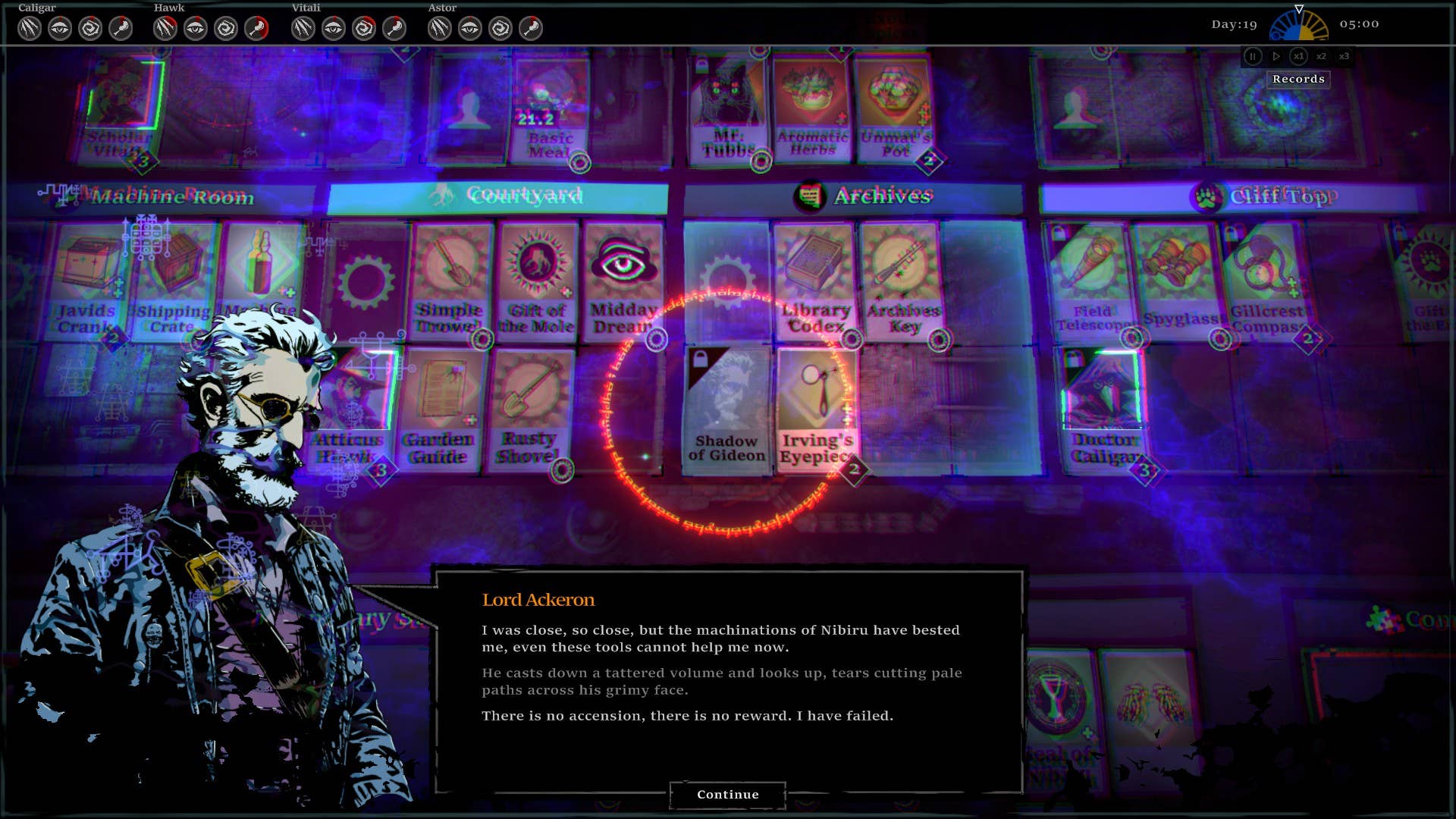













































































_Andreas_Prott_Alamy.jpg?width=1280&auto=webp&quality=80&disable=upscale#)











































































































![Apple Ships 55 Million iPhones, Claims Second Place in Q1 2025 Smartphone Market [Report]](https://www.iclarified.com/images/news/97185/97185/97185-640.jpg)

















